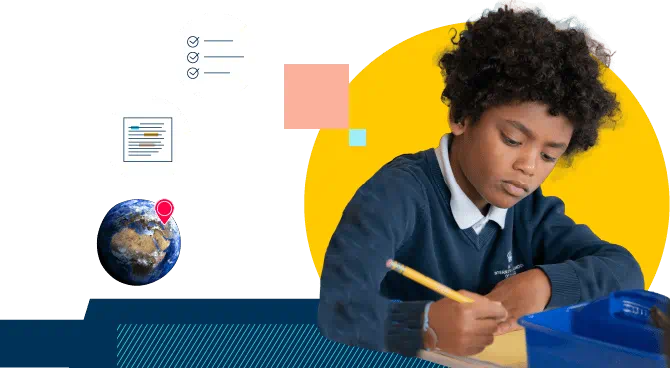Delivering an excellent performing arts education with Juilliard
Your child’s performing arts experience is enhanced with music, dance, and drama––encompassing a range of genres, styles and cultures, and all designed by Juilliard. Teachers use the Juilliard Creative Classroom: an extraordinary online collection of educational resources that have been designed to enhance our performing arts curricula.
All our performing arts teachers receive Juilliard training and work closely with coaches from that prestigious school. This gives our teachers the passion and skills to deliver our exceptional, world-renowned arts program––part of the rich, diverse curriculum BISC-LP students experience.
MIT STEAM
By tackling real-world challenges across the subjects of science, technology, engineering, art, and mathematics (STEAM), your child will develop transferable skills like flexibility, creativity, and communication. They’ll be encouraged to experiment, evolve a design thinking mindset, and learn that collaboration and critical thinking can solve even the trickiest problems.
Nord Anglia Education works with MIT to introduce your child to this innovative way of learning the STEAM subjects, which encourages creativity and experimentation, and teaches them how to apply their skills to real-world situations.






















